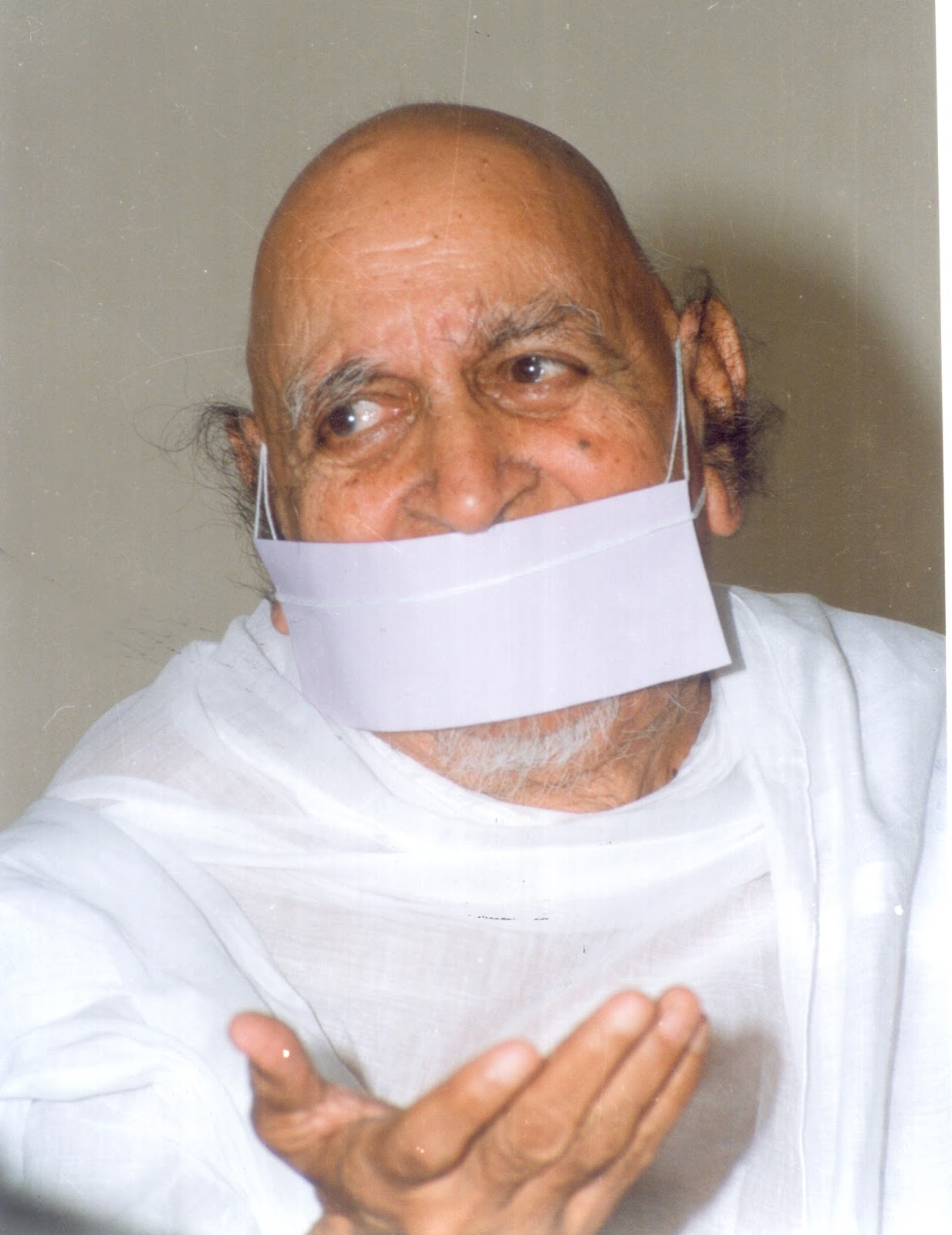In the past few decades, there has been a growing interest in Jainism as a significant area of study in religious academic discipline. Some texts of the world religions which in the past covered Buddhism, Christianity, Hinduism, Islam, and Judaism have now added Jainism as a world religion primarily because of global spread of Jain diaspora. As a result, a growing body of scholarly research has been conducted in Jainism by both Indian and Western scholars. Most of the works have investigated the core doctrines, the doctrinal differences between Jain sects, Jain logic, Jain art, Jain tenets and women in Jainism often through a multi-disciplinary lens as well as Jain influence on other religions particularly on Indic faiths. Unfortunately, the Anuvrat Movement within Jainism has been neglected in modern scholarship.
The study of the Anuvrat Movement is also a study of the impact made by one Jain monk Acharya Tulsi, a leader considered by many to have demonstrated courage, wisdom, and compassion, even in adverse situations. The study of Anuvrat Movement could be helpful within Jainism itself for a reevaluation of the movement and its strategies and could also assist in answering an important question within the larger field of religion and spirituality: How do people who profess specific moral principles act and how do they reinterpret vows over time?
On a dark day in January of 1948, Jawaharlal Nehru – the first Prime Minister and the architect of modern India – addressed Mahatma Gandhi’s death to the mourning nation in following words: “The light has gone out of our lives, and there is darkness everywhere, and I do not know what to tell you, how to say it. Our beloved leader Bapu, as we called him, the father of the nation is no more.”
Hostility had been simmering between Hindus and Muslims since India’s partition in 1947, and Gandhi’s death led to open violence in post-independence India. The situation of resentment had tremendous adverse effects on the creation of the new nation. When the fresh constitution was being formed, India was declared a secular nation with no official state religion. By means of a secular strategy, India attempted to facilitate tolerance for and acceptance of all religions.
In many ways, the declaration of “a secular nation” was appropriate, especially because the nation’s culture and heritage was largely shaped by divergent religious viewpoints, imprints of various invasions as well as a long history of colonial rule. However, conducive as the decision was, it still could not eliminate the oppressive divisions of castes, untouchability, sectarianism, communalism, and disharmony within the country. Such “dark side” led to dissatisfaction in all fields – social, religious, political and economic in the new emerging India.” In response, multiple post-independence political and non-political movements – for example, the Bhoodan (transfer of land ownership to poor farmers) and the Chipko Movement (nonviolent social and ecological movement by rural villagers, particularly women) arose concerned with addressing the gloomy side of India. Many social, religious reformers and leaders like Vinoba Bhave and Jay Prakash Narayan also came forward with new, varied action-plans in the enormous task of rebuilding India.
In a similar vein, was the campaign of the Anuvrat Movement – a spiritual, ethical movement emphasizing character development through self-effort. The movement was built upon the traditional Jain practice of Anuvrat (vows for laity) that had evolved from the original teachings of Mahavira, the 24th Jain preceptor. The Anuvrat Movement was the brainchild of Acharya Tulsi (1914-1997), a socio-religious reformer and the ninth religious leader of the Jain Svetambara Terapanth sect. The Anuvrat vows were modified versions of the five Mahavrata, or “great vows” taken by Jain renunciates.











